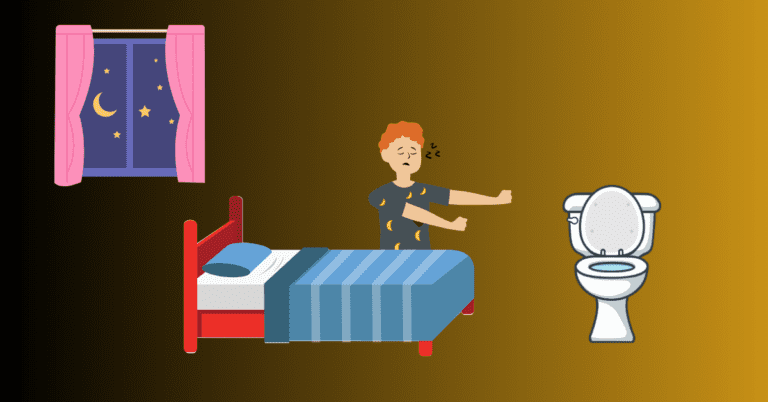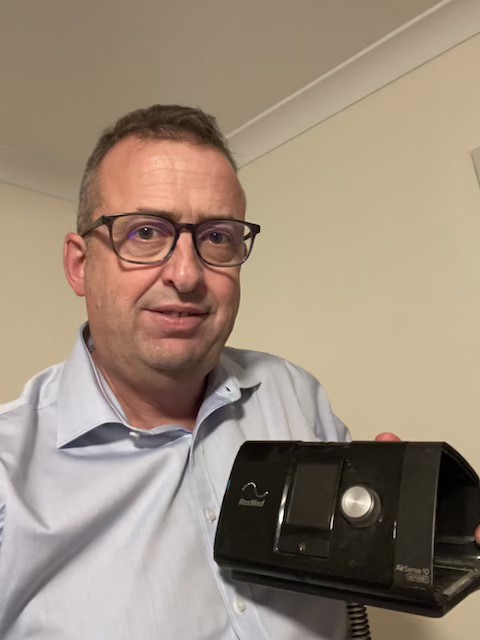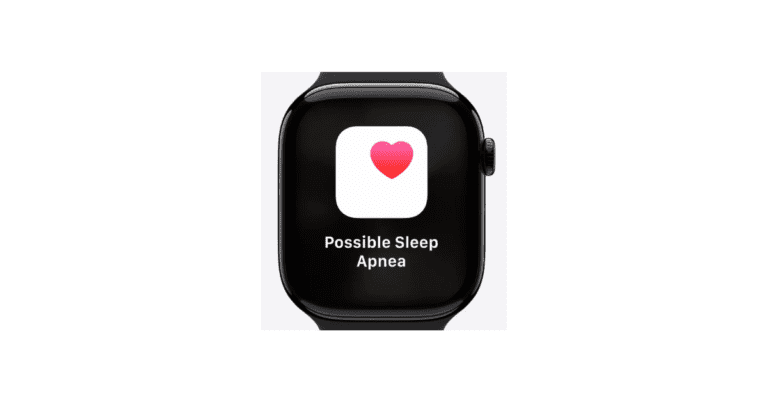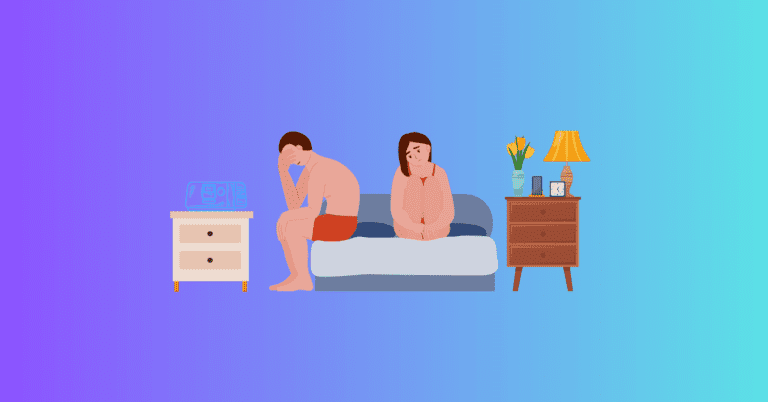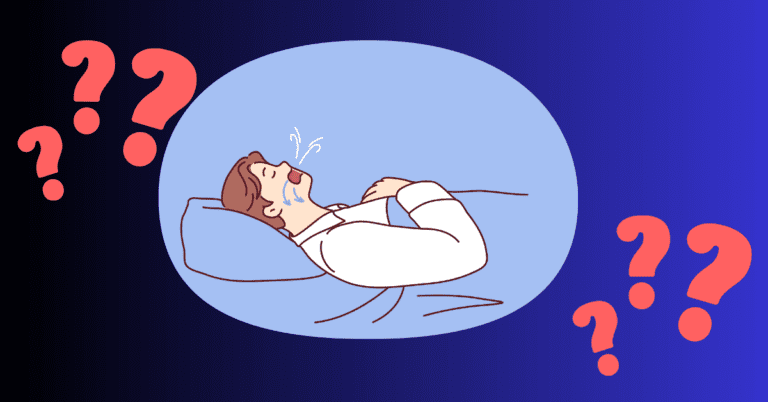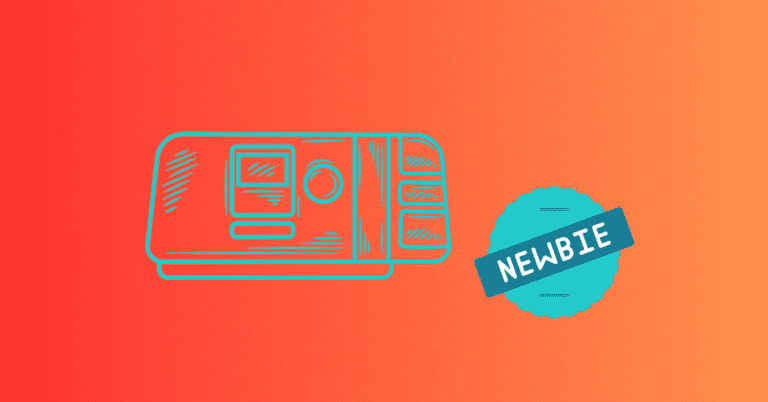Best Sleep Apnea Mouth Guards: A Comprehensive 2025 Guide
Jeremy Smith is a long-term CPAP user and sleep apnea advocate. After being diagnosed with severe obstructive sleep apnea, he created ByJeremySmith.com to help others navigate CPAP therapy through personal stories, gear reviews, and practical advice.
If you’ve been diagnosed with obstructive sleep apnea (OSA) and struggle with CPAP machines, I’m here with you.
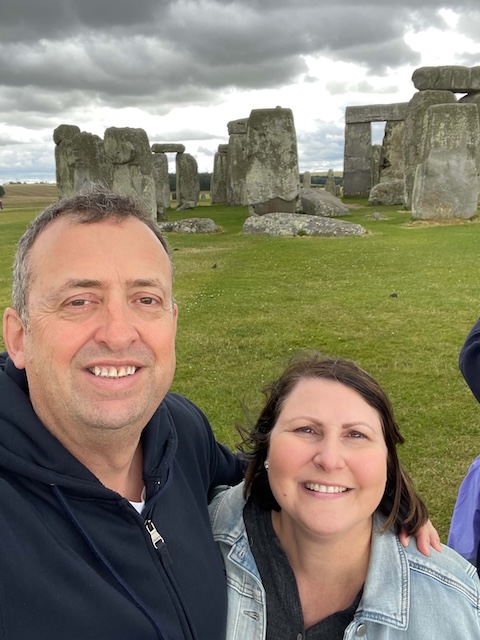
This is me and my wife visiting Stonehenge on a cold, gloomy day, which I think added some magic to the experience.
Many people find CPAP therapy effective but challenging to maintain long-term.
While I rely on CPAP due to the severity of my condition, I’ve done deep research into other options, and sleep apnea mouth guards (also known as oral appliances) are one of the most promising alternatives, especially for mild to moderate cases.
🛍️ Top Sleep Apnea Mouth Guards
Based on research, customer feedback, and dental recommendations, here’s my top pick and other strong options:
🥇 American Sleep Dentistry Oral Appliance – My Top Recommendation
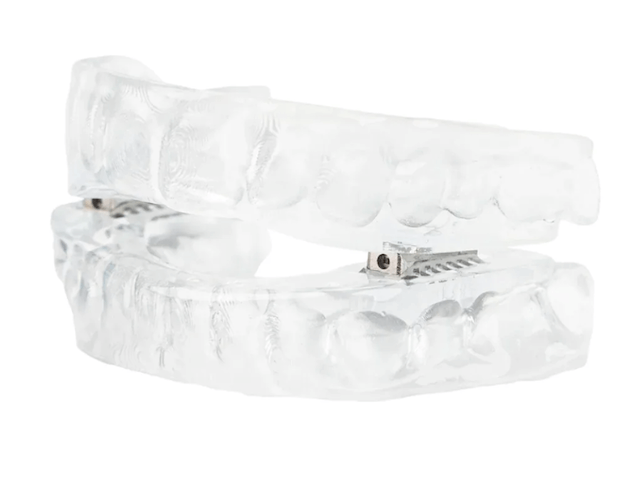
🏆 Best overall option for mild to moderate OSA
✅ Professionally prescribed and custom-fitted for maximum comfort and effectiveness
✅ Backed by licensed dentists and includes telehealth support
✅ Explicitly designed for patients who can’t tolerate CPAP therapy
✅ Accepted by most major insurance providers, including Medicare
This option stands out because it offers a full-service experience—from diagnosis and teleconsultation to fitting and follow-up.
It’s ideal for users looking for a professional, supported approach without the hassle of coordinating separate appointments.
🥈 ApneaRx Sleep Apnea Mouthpiece – Best Adjustable Over-the-Counter Option
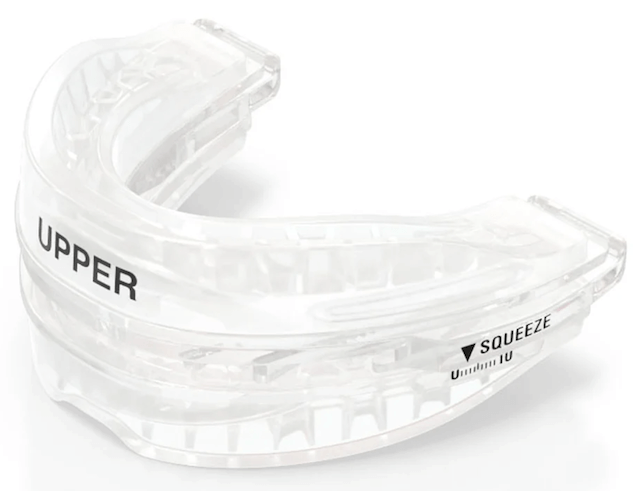
🧳 Ideal for travel and quick relief without a prescription
✅ Fully adjustable in 1mm increments to advance the lower jaw
✅ FDA-cleared, BPA- and latex-free
✅ Clinically shown to reduce snoring and improve airway flow
🥉SomnoFit-S Anti-Snore Mouth Guard+
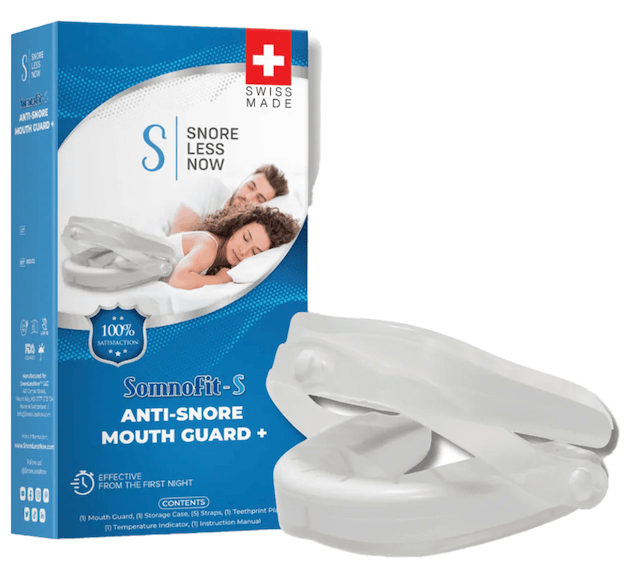
🛠️ Designed for adjustable mandibular advancement therapy
✅ Made in Switzerland with medical-grade materials
✅ Comes with multiple advancement bands to personalize the fit
✅ Clinically tested to reduce snoring and improve airflow
🦷 What Is a Sleep Apnea Mouth Guard?
Sleep apnea mouth guards are specialized oral appliances worn at night to help keep your airway open. They work mechanically—by either repositioning the jaw forward or stabilizing the tongue—to prevent the soft tissues of the throat from collapsing and blocking airflow during sleep.
There are two main types:
1. Mandibular Advancement Devices (MADs)
✅ Push the lower jaw slightly forward to prevent airway obstruction
✅ The most widely prescribed oral appliance for OSA
✅ Often adjustable to allow for gradual advancement and customization
2. Tongue Retaining Devices (TRDs)
✅ Hold the tongue in place using suction
✅ Ideal for people who have dental implants, missing teeth, or severe TMJ issues
✅ Less commonly used but still effective in the right scenarios
🎯 Who Are Mouth Guards Best For?
Sleep apnea mouth guards are recommended for:
- 💤 Individuals with mild to moderate OSA, particularly when diagnosed via a home sleep study or polysomnogram
- 😬 Patients who experience claustrophobia or mask anxiety with CPAP
- ✈️ Frequent travelers or those who prefer a low-maintenance solution
- 🛌 People who sleep on their back and suffer from gravity-induced airway collapse
- 💡 Those seeking a more discreet or silent alternative to CPAP
Research published in journals like Sleep & Breathing shows that up to 80% of patients with mild OSA can achieve significant symptom relief using a well-fitted oral appliance.
✅ Pros of Sleep Apnea Mouth Guards
- ✔️ Discreet, silent, and non-electric
- ✔️ Comfortable and easy to adapt to
- ✔️ Highly portable—ideal for travel or on-the-go use
- ✔️ Usually more affordable upfront than a CPAP setup
- ✔️ Custom models can be covered by insurance if prescribed
❌ Cons and Clinical Considerations
Like any therapy, oral appliances come with potential drawbacks:
- ❗ May cause jaw soreness, teeth shifting, or bite misalignment over time
- ❗ Not effective for patients with severe OSA (AHI > 30)
- ❗ Requires consistent daily cleaning and occasional replacement
- ❗ May be less effective if the user has nasal obstructions or extreme obesity (which increases airway collapse risk)
Following up with your sleep doctor after starting oral appliance therapy is important to ensure the treatment is working, which is often verified through a second sleep study.
🛠️ What the Fitting Process Looks Like
When getting a custom mouth guard from a licensed dental sleep specialist, the process involves:
- Evaluation of your bite, jaw structure, and airway
- Impressions or 3D scans to create a custom mold
- Manufacturing and adjustment period to fine-tune the device
- Compliance monitoring, sometimes with built-in sensors
- Follow-up titration and a repeat sleep study to verify efficacy
Devices that fit poorly or are bought without dental guidance may not be effective and can cause long-term bite issues.
🤓 CPAP vs. Mouth Guards: Which One Wins?
Let’s break it down:
| Feature | CPAP Machines | Mouth Guards |
|---|---|---|
| Best For | Severe, complex OSA | Mild to moderate OSA |
| Portability | ❌ Bulky and power-reliant | ✅ Compact and no power needed |
| Comfort Level | ❌ Takes time to adjust | ✅ Often easier to tolerate |
| Noise Level | ❌ Mask/hose noise | ✅ Completely silent |
| Customization | ✅ Many options/settings | ✅ Custom-fit or adjustable |
| Upfront Cost | ❌ $600–$1200+ | ✅ $90–$500 (some covered by insurance) |
According to the American Academy of Sleep Medicine (AASM), oral appliances are now recommended as a first-line therapy for patients who cannot tolerate CPAP.
🧼 Cleaning & Maintenance Tips
To keep your appliance effective and hygienic:
- 🧽 Rinse after each use to remove saliva and plaque
- 🧴 Use specialized appliance cleaning tablets or gentle soap
- 🪥 Brush with a soft toothbrush, not your regular one
- ❄️ Store in a ventilated case away from heat and direct sunlight
- 🔁 Replace every 1–3 years depending on material and wear
📈 Research on Effectiveness
Clinical studies have shown that well-fitted oral appliances can reduce Apnea-Hypopnea Index (AHI) scores by 50% or more in mild to moderate cases. In a 2020 meta-analysis published in Chest, oral appliance therapy showed comparable improvements in daytime sleepiness and quality of life when compared to CPAP in non-severe OSA.
However, compliance is key. Uncomfortable devices, noisy (yes, some squeak!), or poorly fitted often end up in drawers instead of mouths.
💬 What Users Are Saying
Here’s what real users frequently mention:
- “It stopped my snoring and helped me sleep next to my partner again.”
- “I liked that I didn’t feel claustrophobic like I did with my CPAP.”
- “Had to get used to some jaw tension, but that faded in a week.”
- “My sleep study showed almost as much improvement as with the CPAP.”
These stories reinforce what the science says: for many, these mouth guards just work.
🩺 Do You Need a Prescription?
Yes, for custom devices. While options like ZQuiet and VitalSleep are available over-the-counter, the most effective and safe mouth guards are prescribed by dental sleep specialists. These professionals ensure that:
- 🦷 Your teeth and gums are healthy enough for appliance use
- 🦴 Your bite and jaw won’t be damaged over time
- 📈 Your treatment is monitored for effectiveness
🔚 Final Thoughts
Sleep apnea mouth guards aren’t a silver bullet, but they are a compelling, clinically supported option for mild to moderate cases or for people who can’t stick with CPAP. They’re portable, affordable, and much more comfortable than older generations of oral appliances.
Based on everything I’ve researched, the most successful users are those who:
- Get professionally fitted
- Stick with the appliance through the adjustment period
- Follow up with their sleep doctor or dentist regularly
The right mouth guard can change your nights—and your life.
Disclaimer: The content on this blog is for informational and educational purposes only and is not a substitute for professional medical advice. Always speak with your doctor or sleep specialist before starting, stopping, or changing any treatment or therapy related to sleep apnea or CPAP use.
Disclaimer: The content on this blog is for informational and educational purposes only and is not a substitute for professional medical advice. Always speak with your doctor or sleep specialist before starting, stopping, or changing any treatment or therapy related to sleep apnea or CPAP use.
